1. Boosts Foot Strength and Stability
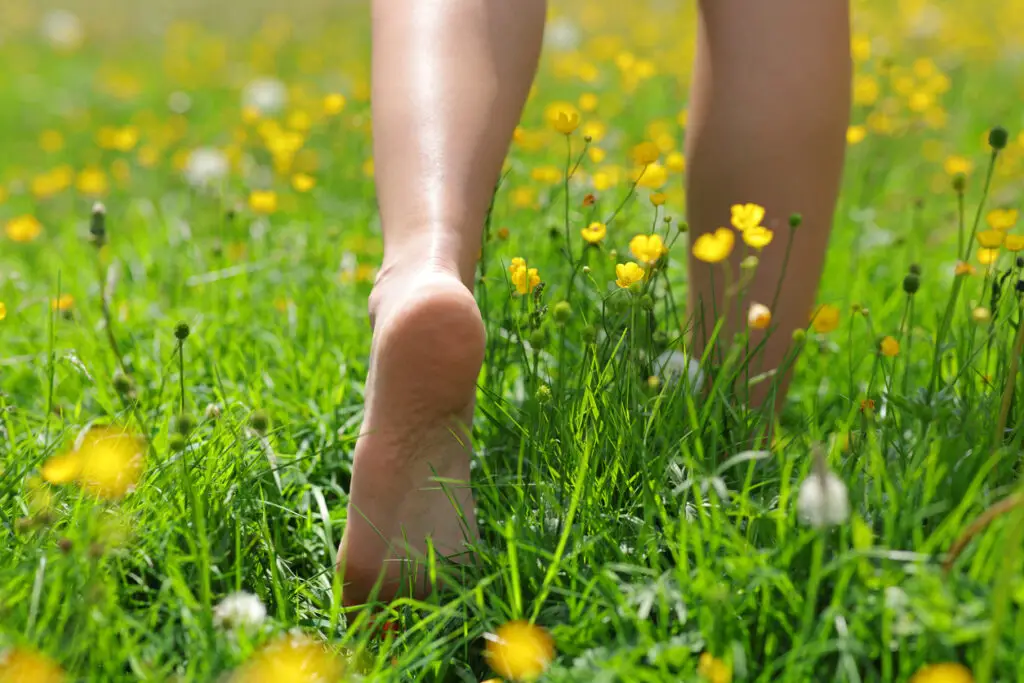
Your feet are the foundation of your entire body, yet most of us keep them wrapped up in shoes that restrict their natural movement. According to Science Reports, walking barefoot allows the 26 bones, 33 joints, and over 100 muscles in each foot to move freely, strengthening them in ways that shoes simply can’t. When your feet engage naturally with the ground, your toes spread out, your arches activate, and your foot muscles get the workout they need. Over time, this leads to better balance, stronger ankles, and improved overall stability.
People who regularly walk barefoot often experience fewer foot problems, such as bunions, plantar fasciitis, and collapsed arches. It also encourages better posture because strong feet provide a stable base for the rest of your body. Many physical therapists recommend barefoot walking as a way to rehabilitate weak or injured feet. If you’ve ever felt discomfort from stiff, achy feet after a long day in shoes, giving them a break can make a world of difference. Just start slow—your feet may need time to adjust to their newfound freedom!
2. Improves Posture and Reduces Pain

Bad posture isn’t just about slouching—it often starts from the ground up. Shoes with high heels, thick soles, or poor support can throw off your body’s alignment, leading to pain in your knees, hips, and back. Walking barefoot allows your feet to land naturally, which encourages proper posture and a more balanced gait. When your feet are unrestricted, your spine follows suit, helping to relieve tension in your back and shoulders.
Many people find that barefoot walking helps alleviate chronic pain, especially in the lower back. It encourages a natural walking pattern, where you land more softly on the balls of your feet rather than pounding your heels into the ground. This reduces impact on your joints, making each step more fluid and comfortable. Over time, you’ll likely notice improved flexibility and a lighter, more effortless stride. If you’ve been dealing with nagging pain, ditching your shoes might be the unexpected solution you’ve been looking for.
3. Enhances Circulation and Reduces Swelling
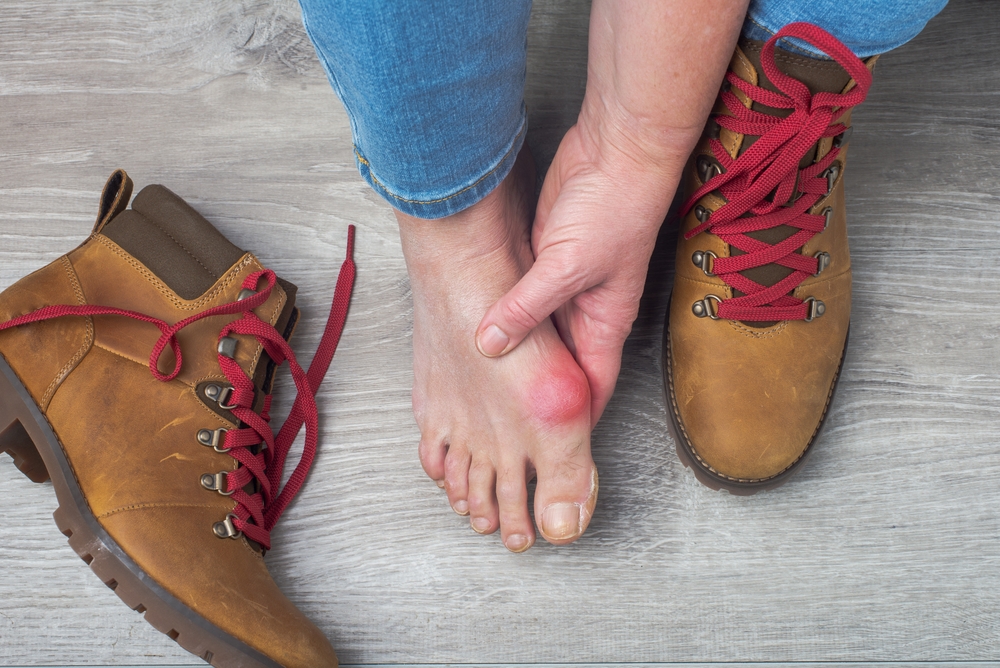
When your feet are trapped in tight shoes all day, circulation can suffer. According to National Geographic, walking barefoot encourages blood flow by allowing the muscles and veins in your feet to move naturally. Better circulation means more oxygen and nutrients reach your tissues, promoting healing and reducing inflammation. If you struggle with cold feet or swelling, barefoot walking can help improve these issues by stimulating blood flow and lymphatic drainage.
Increased circulation also speeds up recovery after exercise or long periods of standing. Many athletes incorporate barefoot training to enhance blood flow and reduce muscle soreness. Additionally, better circulation supports overall cardiovascular health, as your feet contain pressure points linked to heart function. If you’ve ever felt a warm, tingling sensation after walking barefoot, that’s your body responding positively to the increased blood flow.
4. Reduces Stress and Enhances Mood
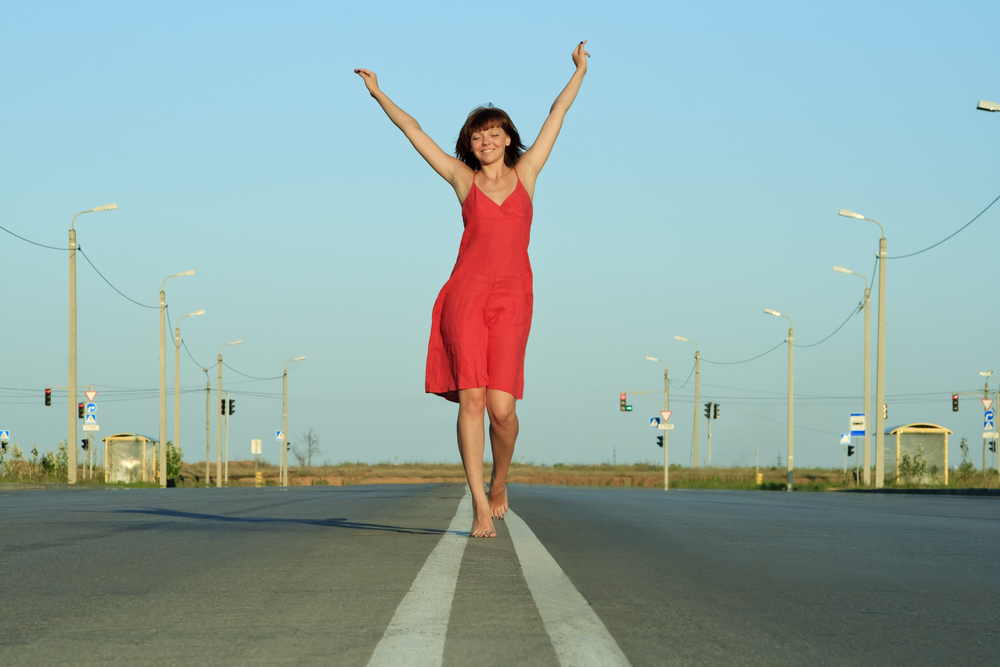
Walking barefoot isn’t just good for your body—it’s incredibly soothing for your mind. Studies have shown that direct contact with the earth, known as “earthing” or “grounding,” can help reduce stress by lowering cortisol levels. The simple act of feeling the ground beneath your feet has a calming effect, similar to meditation or deep breathing. It helps you feel more present, connected, and at peace.
Grounding has also been linked to improved sleep and reduced anxiety. The earth carries a natural electrical charge that interacts with your body, helping to balance your nervous system. Many people report feeling more relaxed and emotionally balanced after spending time barefoot in nature. If you’re feeling overwhelmed or anxious, try taking a barefoot walk on grass or sand—it might just be the mental reset you need.
5. Strengthens the Immune System
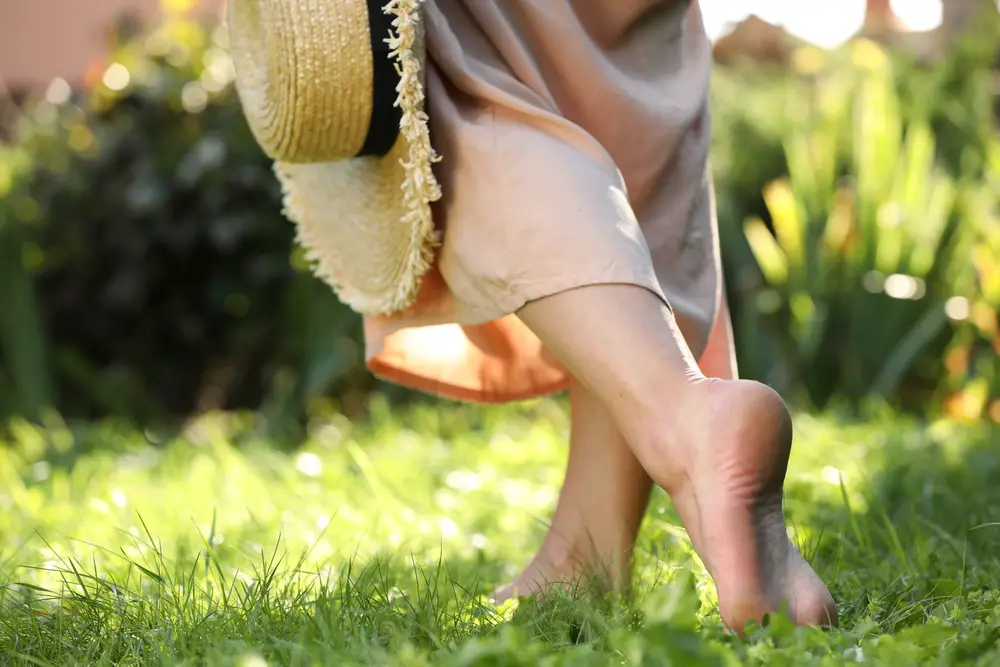
Believe it or not, walking barefoot can actually boost your immune system. Grounding has been shown to reduce inflammation, which is a major factor in many chronic diseases. When you make direct contact with the earth, your body absorbs negatively charged electrons that help neutralize harmful free radicals. This process supports your immune function, making it easier for your body to fight off illness.
Additionally, walking barefoot outside exposes you to beneficial microbes in the soil. These natural bacteria and fungi interact with your skin and immune system in a way that strengthens your body’s defenses. Think of it as a natural way to “train” your immune system to be more resilient. If you’re looking for an easy, drug-free way to support your health, spending more time barefoot might be one of the simplest solutions.
6. Improves Sleep Quality and Energy Levels
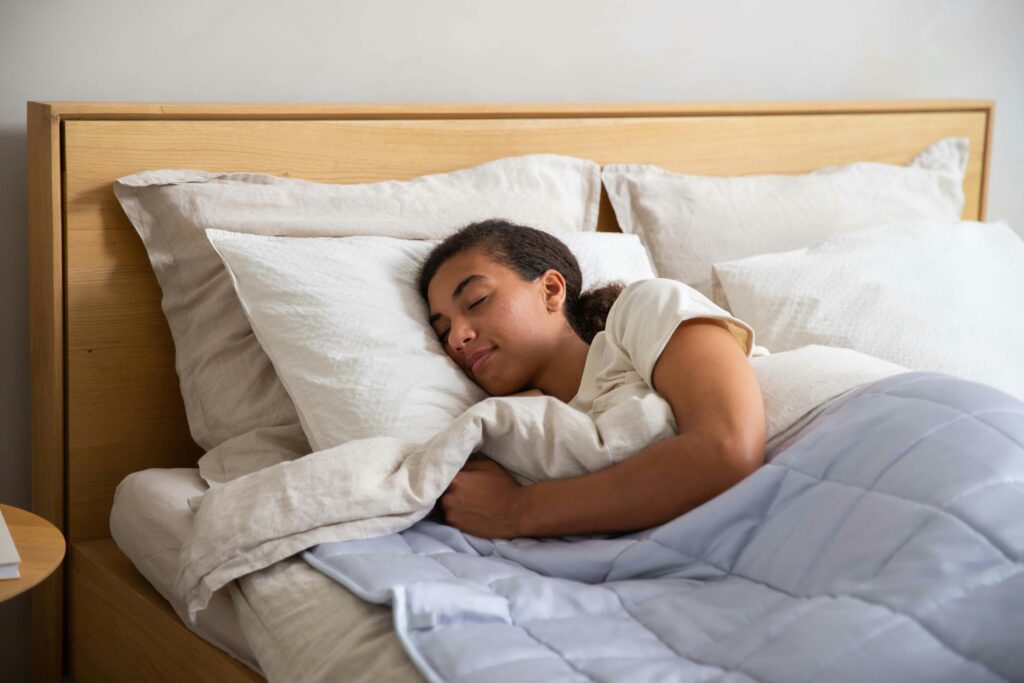
If you struggle with restless nights or waking up feeling exhausted, barefoot walking could be a game-changer. Studies have found that grounding helps regulate circadian rhythms, making it easier to fall asleep and stay asleep. By reducing stress hormones like cortisol and boosting feel-good hormones like serotonin, walking barefoot encourages deeper, more restorative sleep.
Additionally, spending time barefoot outdoors helps reset your internal clock by exposing you to natural light. This enhances melatonin production, the hormone responsible for sleep. People who practice grounding regularly often report waking up feeling more refreshed and energized. If you’ve been relying on coffee to get through the day, a barefoot walk in the morning might give you the natural energy boost you need.


